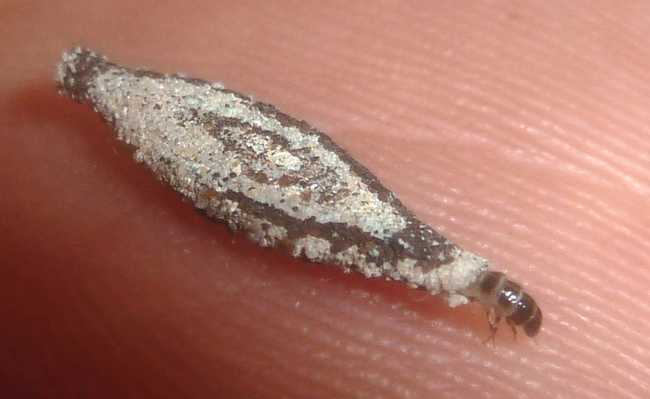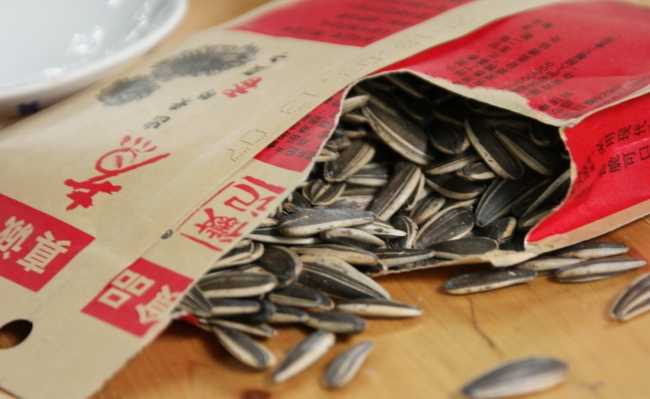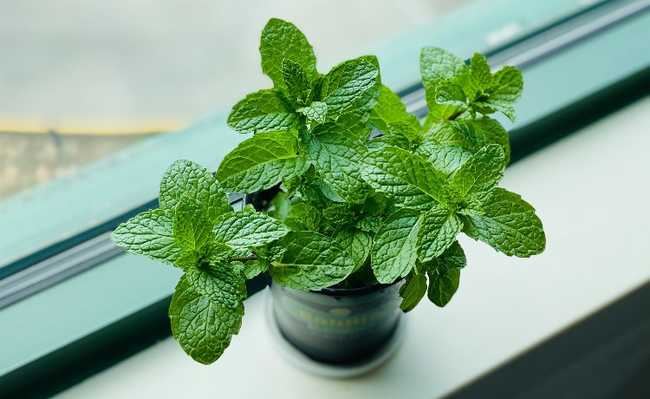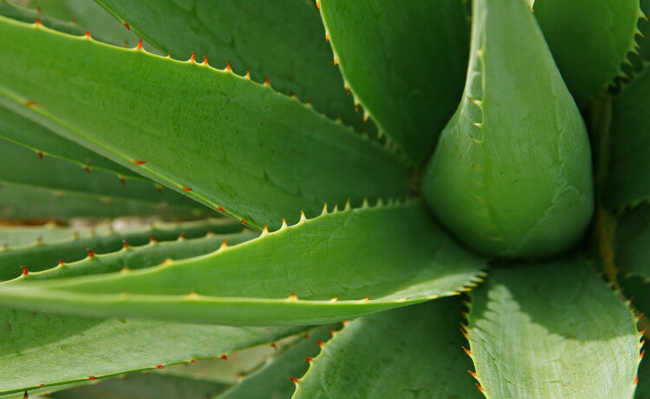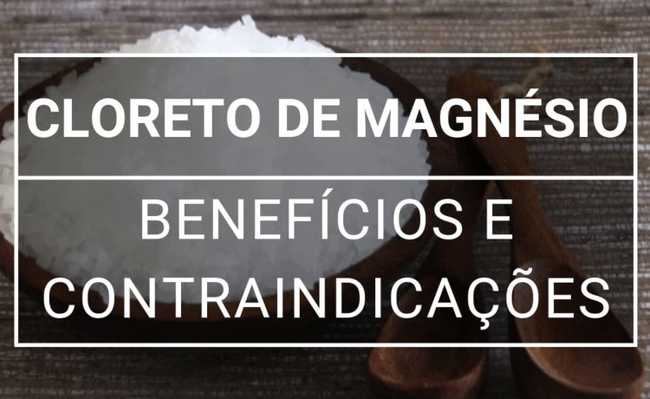Demerara sugar: what it is and its benefits
Demerara sugar has more nutrients than white sugar, but it should be consumed in moderation
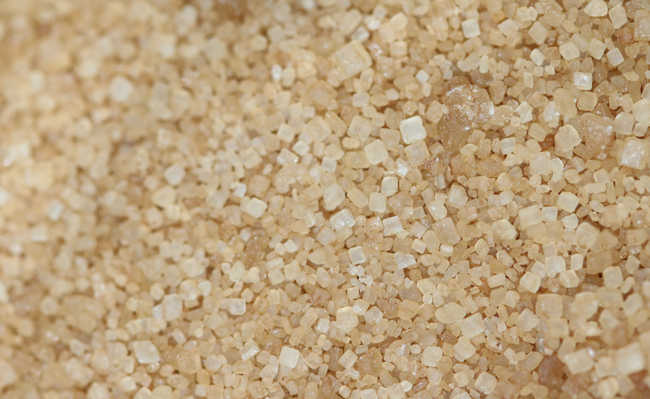
Edited and resized image by John Cutting is available on Unsplash
Demerara sugar is a type of sugar with large granules produced from sugar cane. He comes from Guyana, a country in northern South America that, before becoming independent, had been formed by three Dutch colonies (Essequibo, Demerara and Berbice). Despite having inherited the name, most demerara sugar comes from Mauritius in Africa. It is widely used to compose recipes and decorate sweets. And its use has been considered healthier than that of white sugar. But is it really healthier? Check out:
- Maple syrup, the famous maple syrup
Is it healthier than white sugar?
Some supporters of demerara sugar claim that it is much healthier than white sugar. In fact, the main difference between them is that the demerara type undergoes less processing.
- What are fresh, processed and ultra-processed foods
In the demerara sugar production process, the sugarcane juice is extracted by applying pressure to the sugarcane. The broth is then cooked until it thickens and forms a syrup. The water present in the syrup evaporates and the substance hardens, giving rise to demerara sugar (see study about it here: 1). This process allows the demerara sugar to retain vitamins and minerals. While processing white sugar makes it devoid of nutrients (see study about it here: 2).
Although demerara sugar undergoes less processing than white sugar, it is still considered added sugar (added sugar is all sugar added in the process of making a product, not being in it naturally). And excess added sugar is associated with an increased risk of obesity, heart disease and type 2 diabetes. Therefore, it is important to consume demerara sugar only occasionally and in small amounts (see study on this: 3).
Vitamins and minerals
Demerara sugar contains some vitamins and minerals, such as calcium, iron, magnesium and vitamins B3, B5 and B6 (see study about it: 4). In general, the darker the color of the sugar demerara, the greater the amount of these nutrients (see study about it here: 5).
However, one study found that dark brown sugars such as demerara are a poor source of vitamins. And it doesn't pay to eat more added sugar to increase your nutrient intake; for, as already mentioned, excess added sugar can be harmful.
Use with moderation
As in the case of white sugar, demerara sugar is mainly composed of sucrose (a union of glucose and fructose), which can have harmful effects on health, being associated with an increased risk of type 2 diabetes.
White sugar and demerara are the same in terms of calories. Each teaspoon (4 grams) of any sugar has 15 calories (see studies about it here: 8, 9).
In addition, any added sugars increase the sweet taste of foods, making food cravings greater, which can lead to the development of chronic illnesses.
Thus, although sugar is only slightly healthier than white sugar - as it retains more nutrients in its processing - it should be consumed in moderation in the same way as white sugar.
Adapted from Healthline


